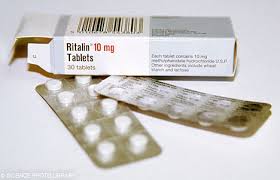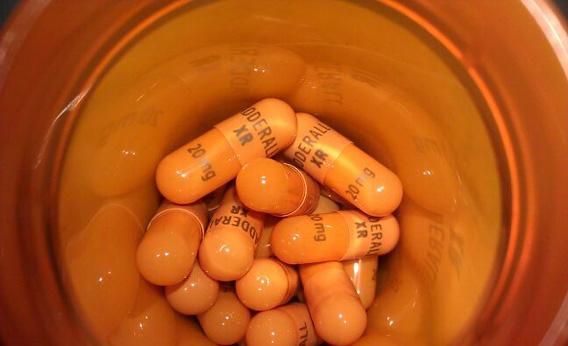Drug Intervention Considerations for a Loved One Living with Crack Addiction
As a cocaine alternative, “crack” costs considerably less, delivers a more intense high and is easier to obtain. Crack cocaine, a more concentrated form of cocaine, delivers near immediate effects that tend to subside rather quickly. These combined characteristics account for crack’s highly addictive qualities.
A loved one struggling with crack addiction is most likely functioning at a diminished capacity level, both physically and psychologically. Likewise, these effects warrant careful consideration when planning a drug intervention meeting. While drug interventions can be highly effective at helping an addict see how his or her behavior affects others, crack addiction tends to bring out the worst in those affected, especially during times of conflict.
The Dangers of Crack Addiction
Stimulant addictions, in general carry a high addiction potential due to how aggressively stimulants breakdown and reconfigure the brain’s chemical system. Within its drug class, crack exists as one of the most addictive stimulant-based substances around.
Where cocaine in powder form is typically snorted, crack’s concentrated form allows for smoking, which delivers the effects of the drug more quickly and at a higher intensity. According to the University of Maryland, crack addiction can take shape as of a person’s first time trying the drug. As a crack “high” only lasts for up to 15 minutes, this makes the urge to keep using even stronger as users attempt to lengthen the effects of the drug.
Drug Intervention Considerations

An intervention specialist should be present during the intervention to ensure the meeting runs smoothly.
Addiction, by its very nature, prevents the addict from seeing the cause-effect relationship between his or her drug use and the negative consequences that result. A drug intervention provides an opportunity for the addict to realize the effects drug use has on friends and loved ones.
In effect, crack addiction strips away a person’s self-control as well as any sense of compassion or empathy had for others. For these reasons, holding a drug intervention for someone affected by crack addiction may well require the help of an intervention specialist. An intervention specialist works to prepare meeting participants for what’s to come and also helps to keep the meeting’s proceedings from getting out of control.
Severity of Addiction
As a general rule, the longer a person engages in crack abuse the more severe the addiction problem. In cases of severe addiction, the potential for violent outbursts on the addict’s part runs high as crack’s effects have essentially “fried” the brain’s functional capacity. Whenever the potential for violence exists, there’s a definite need for an intervention specialist.
Mental Health Status
It’s not uncommon for someone struggling with crack addiction to develop mental health problems, such as depression or anxiety disorders as a result of crack’s effects on the brain. According to the University of Utah Health Sciences, the combined effects of crack addiction and a psychological disorder create an even more severe addiction problem as these conditions tend to feed off one another. These circumstances make for an even more volatile drug intervention scenario.
If you’re struggling with a loved one addicted to crack and have considered holding a drug intervention meeting, please don’t hesitate to call our toll-free helpline at 800-605-6597 Who Answers? for more information. Our addictions counselors can also help connect you with intervention specialists in your area.



